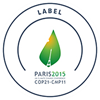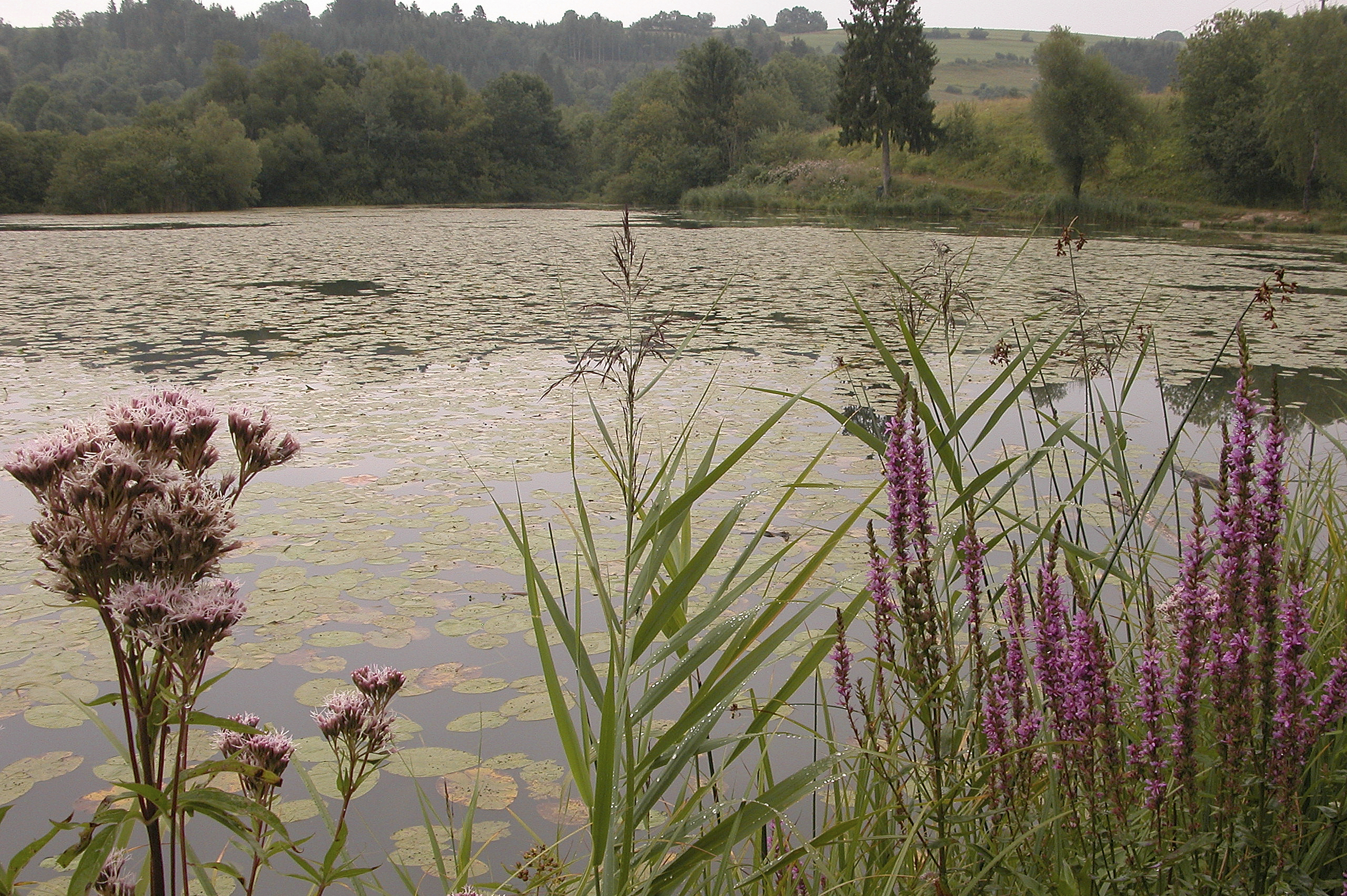The French Ecological Society is a member of the European Ecological Federation and INTECOL.
The society´┐Żs mission is to promote the science of ecology in France by encouraging the development, the integration and the sharing of scientific knowledge in every aspects of ecology. It also aims at encouraging the use of ecological knowledge to help society in the current context of environmental crisis. The Society finally encourages its members to reach out to the public to raise the level of ecological literacy.
The SFE annual meeting to be held on June 12, 2015, will be a fantastic opportunity for our members and other French researchers in ecology to network and exchange on the latest scientific breakthroughs on the complex relationships between climate change and biodiversity.
It will showcase the latest ecological research on climate change as a driver of biodiversity extinction, on ecosystem responses to climate change, and on biodiversity feedback on climate. Terrestrial and marine ecosystems will be represented, as well as forest communities and agro ecosystems.
We envision this meeting as a day of scientific exchange around the latest research on climate change ecology. This day is therefore especially designed to reflect both mainstream and more heterodox ideas and results, to cover all aspects of interactions between biodiversity and climate change, and to highlight synergies and interactions between climate change and other components of global change driving biodiversity extinctions.
Nine researchers, from early career to the most renowned scientists, have agreed to present their latest work.
X. Morin, CEFE CNRS Montpellier, will address the impacts of climate change on the distribution of tree species and composition of forest communities at different scales. I. Chuine, CEFE CNRS Montpellier, will raise the question of forest tree adaptation under climate change. J. Lenoir, University of Picardie, will highlight several exciting and surprising results on the recent changes in the geographical distribution of organisms, which appears to be a multidimensional and multidirectional phenomenon. N. Hautek´┐Żete, University of Lille, will address the difficulty raised by the concomitance of climate change, other components of global change and neutral process along a century of change of plant communities at the regional level. N. Pettorelli, Institute of Zoology, London UK, will present the key role of satellite data in climate change biology. G. Beaugrand, University of Lille, will cover a large part of our knowledge on the relationships between marine biodiversity and climate change. J. Chave, University of Toulouse, will also present his latest results on the long-term decline of the Amazon carbon sink. W. Cramer, IMBE Marseille, will present his work at the IPCC on the observation of the impacts of climate change on ecosystems. Finally, the SFE special interest group ´┐ŻAgriculture and ecology´┐Ż will pinpoint the necessity of considering ecological feedbacks in order to reconcile agricultural production and measures favouring the decrease of climatic impacts of agriculture.
At the end of the day, Pr. Jane Lecomte, Universit´┐Ż d´┐ŻOrsay, will chair a discussion about the position of ecological sciences in the current debate on climate change.




